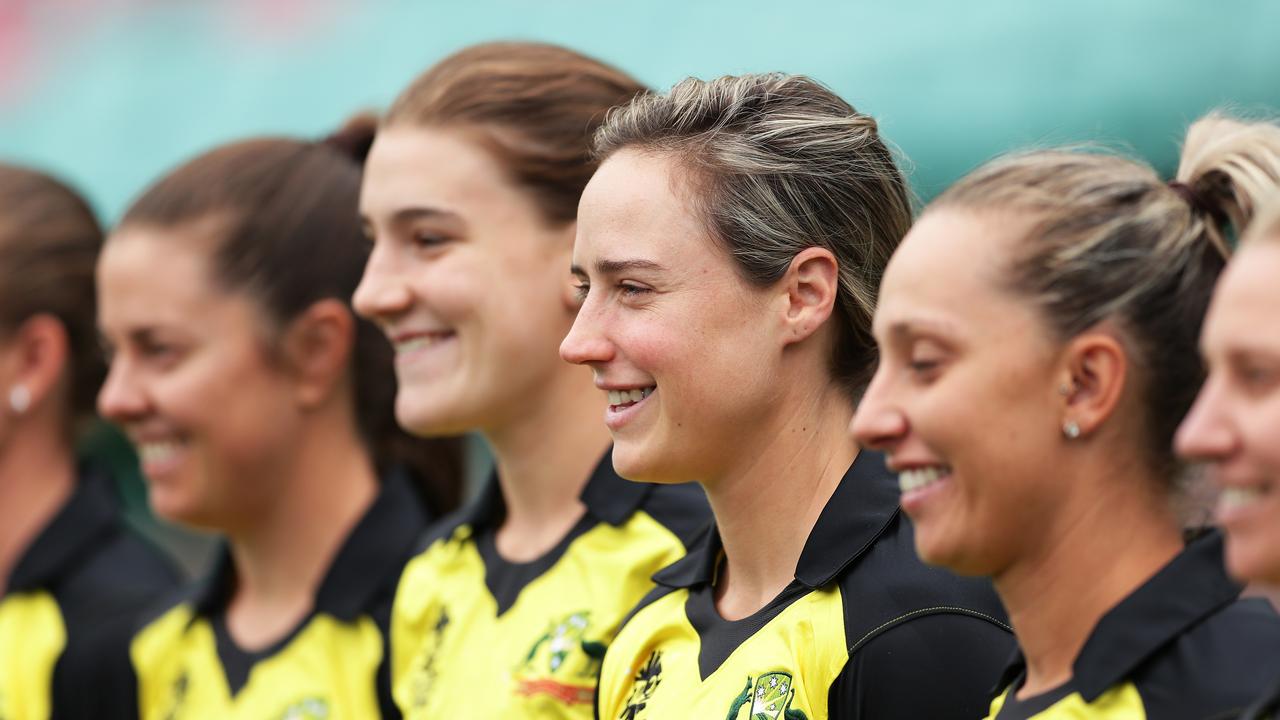Danielle McGahey of Canada was the first transgender cricket player to play in an official international match in September.
New rules from the International Cricket Council (ICC) on Tuesday say that transgender women who have gone through male puberty can’t play international women’s cricket.
Danielle McGahey of Canada was the first transgender cricket player to play in an official international match in September.
The ICC said that these new rules would be looked at again in two years after they became official. The governing body said that this strategy, which was made after nine months of consultation, puts “integrity of the women’s game, safety, fairness, and inclusion” first.
“The changes to the gender eligibility regulations resulted from an extensive consultation process and are founded in science and aligned with the core principles developed during the review,” Geoff Allardice, ICC CEO, said.
He said, “Inclusivity is incredibly important to us as a sport, but our priority was to protect the integrity of the international women’s game and the safety of players.”
When it comes to local cricket, each board will decide for itself how to handle gender eligibility.
At the moment, trans women who want to play in top competitions for women only need to get written permission from the England and Wales Cricket Board. Then, their information is looked at one case at a time.
There have been important choices in other sports as well. Fina, the swimming governing body, voted against letting transgender athletes who have gone through any part of male puberty participate in elite women’s races in June 2022.
Sharron Davies, a former Great Britain swimmer who is against transgender people competing in elite women’s swimming, told BBC Sports that she agreed with Fina’s choice.
However, Olympic diving champion Tom Daley was very unhappy with the ruling and said he was “furious.”
In the same time period, the UCI, which is in charge of racing, made it harder for transgender people to compete by extending the time they have to wait after changing their gender.
Then, in July 2022, both the Rugby Football League and the Rugby Football Union said that transgender women could not play in games that were only for women.


















